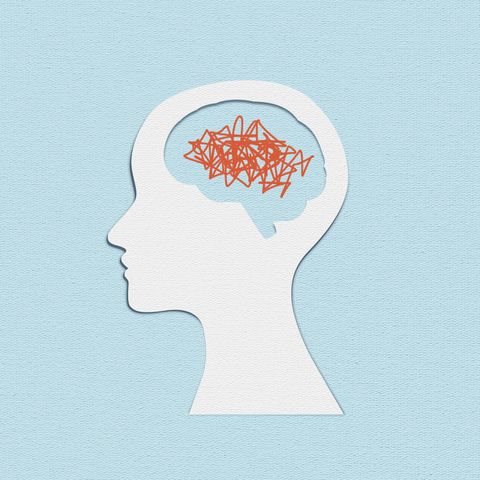Anxiety and Procrastination: What is the Association?
Keywords:
Anxiety, ProcrastinationAbstract
Psychologically, procrastination is understood as a form of behavioral self-handicapping whereby an individual delays beginning or completing a task to strategically avoid situations that may show an adverse image. Given the high prevalence of procrastination in our daily lives, recent work has begun to investigate its connection with other psychological factors and psychopathology. Both theoretical models and people’s first-hand experience have indicated a possible association between procrastination and anxiety. This review summarizes the existing literature and integrates findings within the conceptualization of procrastination. Anxiety and procrastination are concluded to be closely correlated and possible psycho- logical mechanisms that help explain such correlation are proposed. It is speculated that anxiety can be both the result and the driver of procrastination, and procrastination can be a strong predictor of psychological conditions. These findings will contribute to a better understanding of procrastination and its psychological correlates, providing crucial implications for people who suffer from procrastination as well as for clinicians who are trying to help chronic procrastinators. Future research is still needed to further confirm the direction of the causal relationship, to determine the mediators and moderators of the relation, and to specify the clinical value of the conclusion.

Downloads
Posted
License
Copyright (c) 2021 Xiaoyu Wu

This work is licensed under a Creative Commons Attribution-NonCommercial-NoDerivatives 4.0 International License.
The copyright holder for this article has granted JSR.org a license to display the article in perpetuity.


